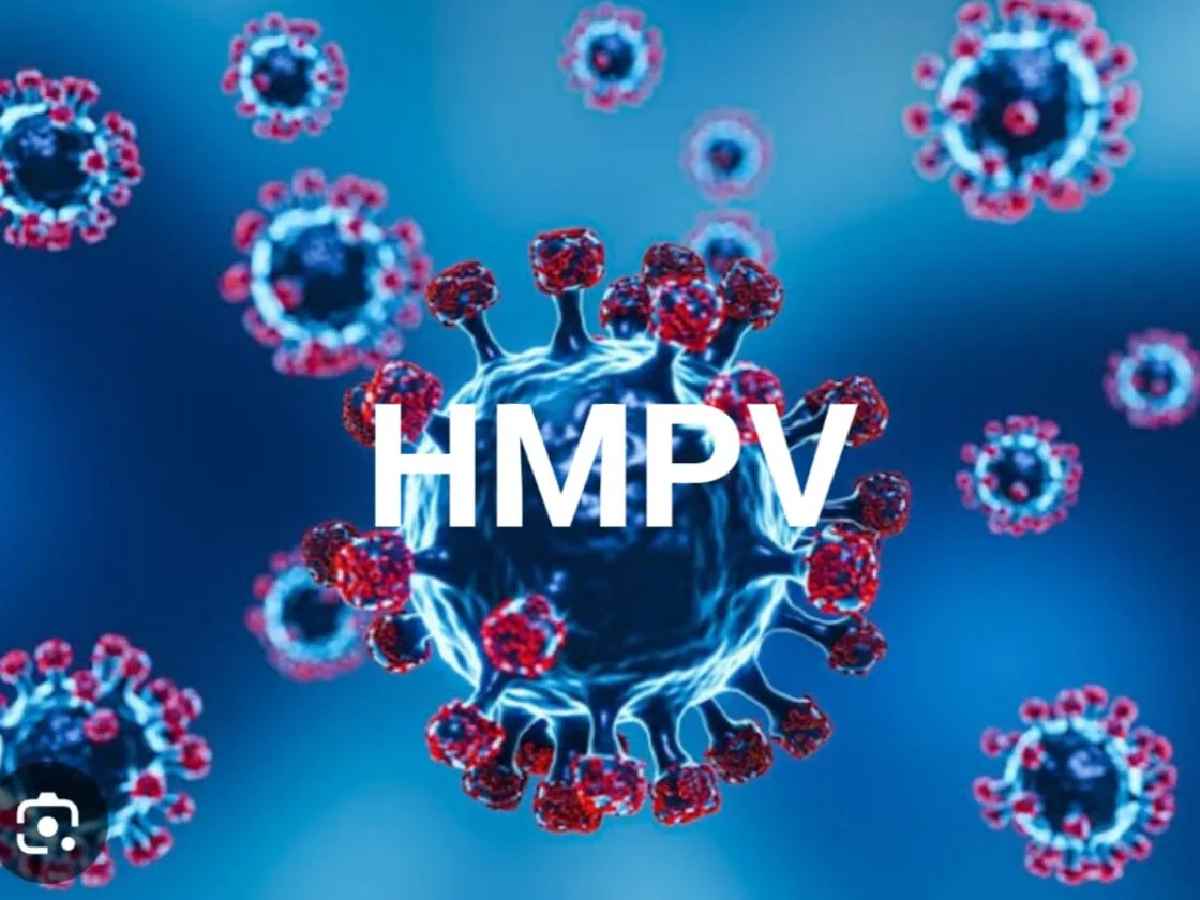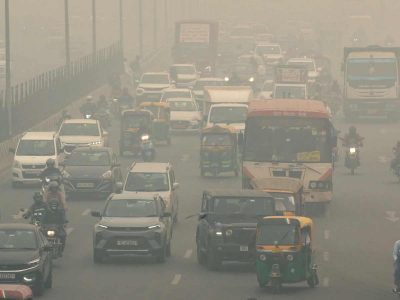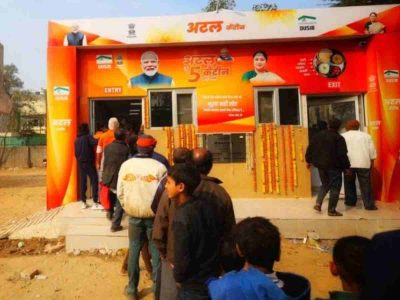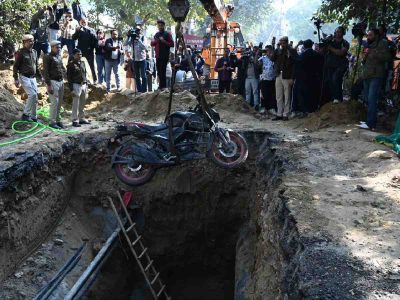The Indian Council of Medical Research (ICMR) has identified two cases of Human Metapneumovirus (HMPV) in Karnataka through routine surveillance for various respiratory viral pathogens, according to a statement from the Union Health Ministry on Monday.
A three-month-old female infant, who had a history of bronchopneumonia, was diagnosed with HMPV after being admitted to Baptist Hospital in Bengaluru. She has since been discharged, the ministry noted.
An eight-month-old male infant, also with a history of bronchopneumonia, tested positive for HMPV on January 3 after being admitted to Baptist Hospital. He is now recovering, the ministry confirmed.
Update on #HMPV
.@ICMRDELHI Detects Two Cases of Human Metapneumovirus (HMPV) in Karnataka through routine surveillance
Surveillance System Robust, No Unusual Surge in ILI or SARI cases in the countryhttps://t.co/uXIgltmOdE
— Ministry of Health (@MoHFW_INDIA) January 6, 2025
It was highlighted that neither of the patients had any history of international travel.
The ministry stressed that HMPV is already circulating globally, including in India, with reports of respiratory illnesses linked to it emerging from several countries.
Additionally, based on current data from the Indian Council of Medical Research (ICMR) and the Integrated Disease Surveillance Programme (IDSP) network, there has been no unusual increase in influenza-like illness (ILI) or Severe Acute Respiratory Illness (SARI) cases in India, it added.
Also Read: Delhi authorities issue guidelines to prevent HMPV breakout
The ministry reassured that the situation is being monitored through all available surveillance channels and the ICMR will continue to track HMPV circulation trends throughout the year.
Also Read:
The World Health Organization (WHO) is providing regular updates on the situation in China to aid ongoing measures.
The ministry further stated that a recent preparedness drill conducted across the country demonstrated that India is well-equipped to handle any potential rise in respiratory illnesses, and public health interventions can be deployed swiftly if necessary.
(With inputs from PTI)





